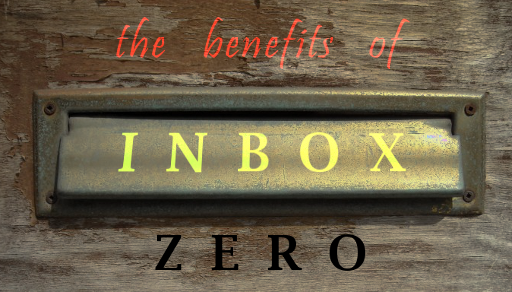“Worship” is one of those words we use, and think we know… but it is also one of those I find really hard to translate into French. And that’s because there’s no equivalent: the French would tend to use “adoration”. So I have found myself in the situation where I have to explain what “worship” is. And I struggled. So I asked my friends on twitter and face-to-face, but their answers generally didn’t tell me much about the essence of worship. That should have told me I was looking in the wrong place, but I think I got there eventually.

Photo credit: Mauro Cateb, under CC license.
So here’s a few thoughts I picked up along the way:
- The Greek word used for “worship” in most instances in the New Testament is proskuneo. The translation is a bit contentious: one I’ve read is “to lean forward to kiss”, which conjures up, in today’s society, images of two close friends greeting each other. Other translation guides seem to point towards lying down, prostrate, to kiss the feet of a sovereign; and towards the evolution of the word to mean simple submission.
Regardless of the actual meaning, though, there are two important elements:
Pro at the root of proskuneo implies a movement and a direction.
There is a definite closeness involved in kissing. That should also be the case in worship. - The Latin used in some hymns is colo, from which we get the word colony. The first meaning is to cultivate a land, but ultimately, it means properly inhabiting a place. Indwelling brings the idea of closeness to a new level which encompasses our entire being.
This is where modern languages are less helpful. Worship comes from worth-ship: thus worship is about declaring God’s worth (as compared to other things). Worship taken literally is nothing else than magnifying God. The German word used for worship songs means “praise (and prayer)”. The French, as I mentioned above, is the same as “adoration”. None of these mean anything independently of God, but they can be performed in a vacuum.
And it looks to me as though we have lost something in the process. Worship can sometimes be understood as constricted to worship songs, which in turn can be limited to praise, and literally describing God’s worth. Now it is right to give God thanks and praise, but worship is about so much more than that!
How do you see worship?
And, even though I just said worship isn’t just when we sing, singing can help worshipping, so:
what is your favourite worship song?




